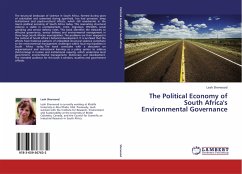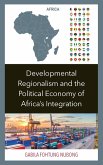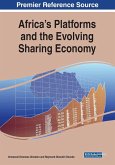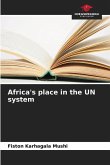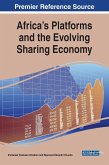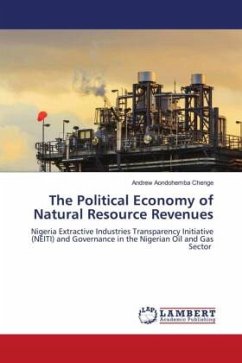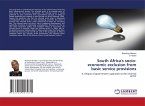The structural landscape of violence in South Africa, formed during years of colonialism and cemented during apartheid, has had pervasive, deep institutional and psycho-cultural effects, which still reverberate in the macro political economy of South Africa today. This resonating structural violence is visible in unemployment, crime, migration, HIV/AIDS, social spending and service delivery rates. This book identifies the obstacles to effective governance, service delivery and environmental management in three large South African municipalities. The problems are then mapped in the context of South Africäs historical development. It is surmised that the effects from historical patterns of embedded structural violence contribute to the environmental management challenges within local municipalities in South Africa today. The book concludes with a discussion on organizational and institutional learning as a policy option to address shortcomings in human and institutional capacity, which undermine local government, environmental management, democracy and development. The intended audience for this book is scholars, students and government officials.
Hinweis: Dieser Artikel kann nur an eine deutsche Lieferadresse ausgeliefert werden.
Hinweis: Dieser Artikel kann nur an eine deutsche Lieferadresse ausgeliefert werden.

